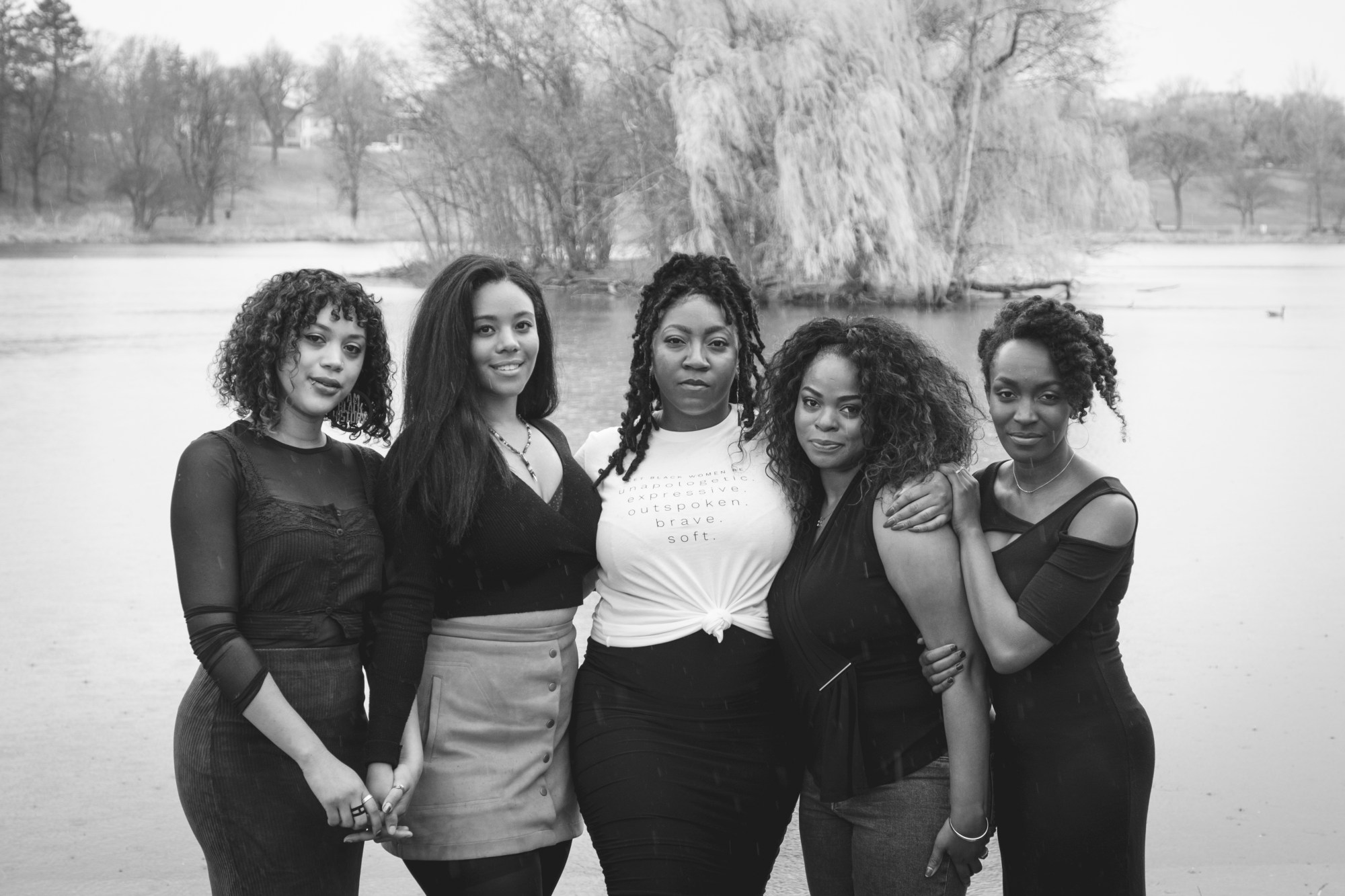Arielle Grant — founder of Render Free, “an alternative workspace and wellness club for self-identified Black and Brown women” in Minneapolis, Minnesota — opens its doors slightly out of breath. “I was just finishing my nails,” she says with a warm, welcoming laugh. Barefoot, with freshly painted oxblood toenails, she begins a tour of the space, explaining how Render Free began as a vision she had while sitting in her cubicle at an old job. For years she had been moving in and out of predominantly white workplaces that were leaving her body drained. “I started to experience anxiety, chronic stress and pain, stomach aches, headaches, sleep disruption — things that prove your body is aware that something intense is about to happen,” she says.
As a corporate employee, Arielle was invested in redirecting company resources to address unmet needs in marginalized communities, but found it took vast amounts of emotional labor to win even tepid support from her supervisors. “I was wasting so much energy trying to convince my employers that it’s worth the time to make changes,” she says. Turning on the lights in a private room reserved for conference calls and mindfulness meditation, she explains how she found refuge from those feelings of exhaustion by seeking out Black-owned businesses in her free time. “Places where I could take off my armor and take a breath. I began to consider the magic of spaces hosted and curated by Black and Brown folks. Where you can speak freely, openly and take up more space. There is a safety that can’t be replicated.” And so Render Free emerged from her imagination, with the goal of centering the unique needs of Black and Brown women in particular. It was modeled as a modern answer to The Negro Motorist Greenbook, a travel guide for Black people traveling the US during the Jim Crow era, featuring tips on where to eat and sleep safely while on the road.
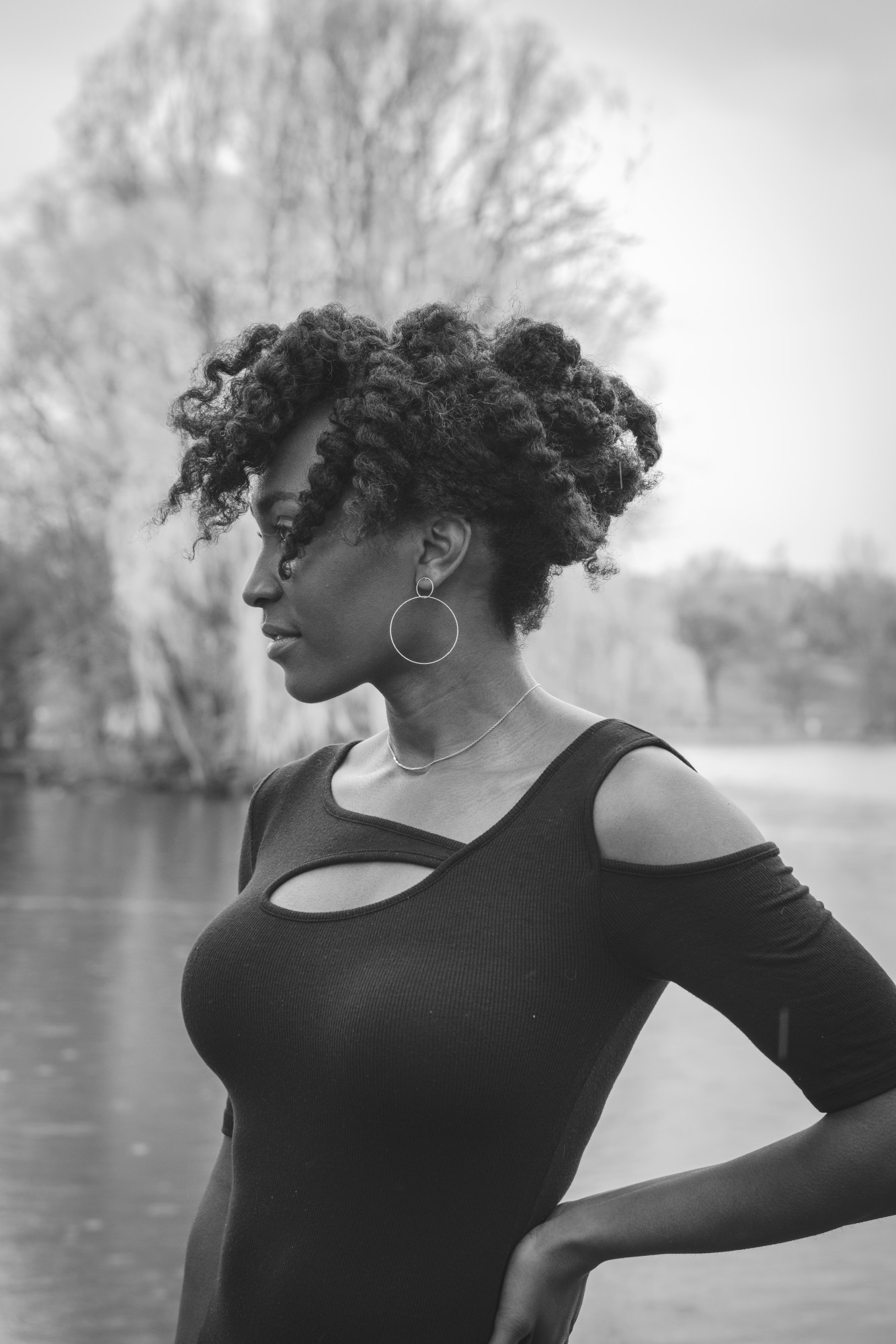
Leesa Kelly, co-founder of Memorialize the Movement — a grassroots organization “saving, preserving and reactivating” the plywood murals painted all over Minneapolis after the murder of George Floyd — is also a member of Render Free. Today, three days after a verdict in the Derek trial was delivered, she has invited group of Black women working in community care and creativity across the city here to check-in, offer support in solidarity and discuss what it means to sustain protest work as the Twin Cities mourn the death of another young man, Daunte Wright.
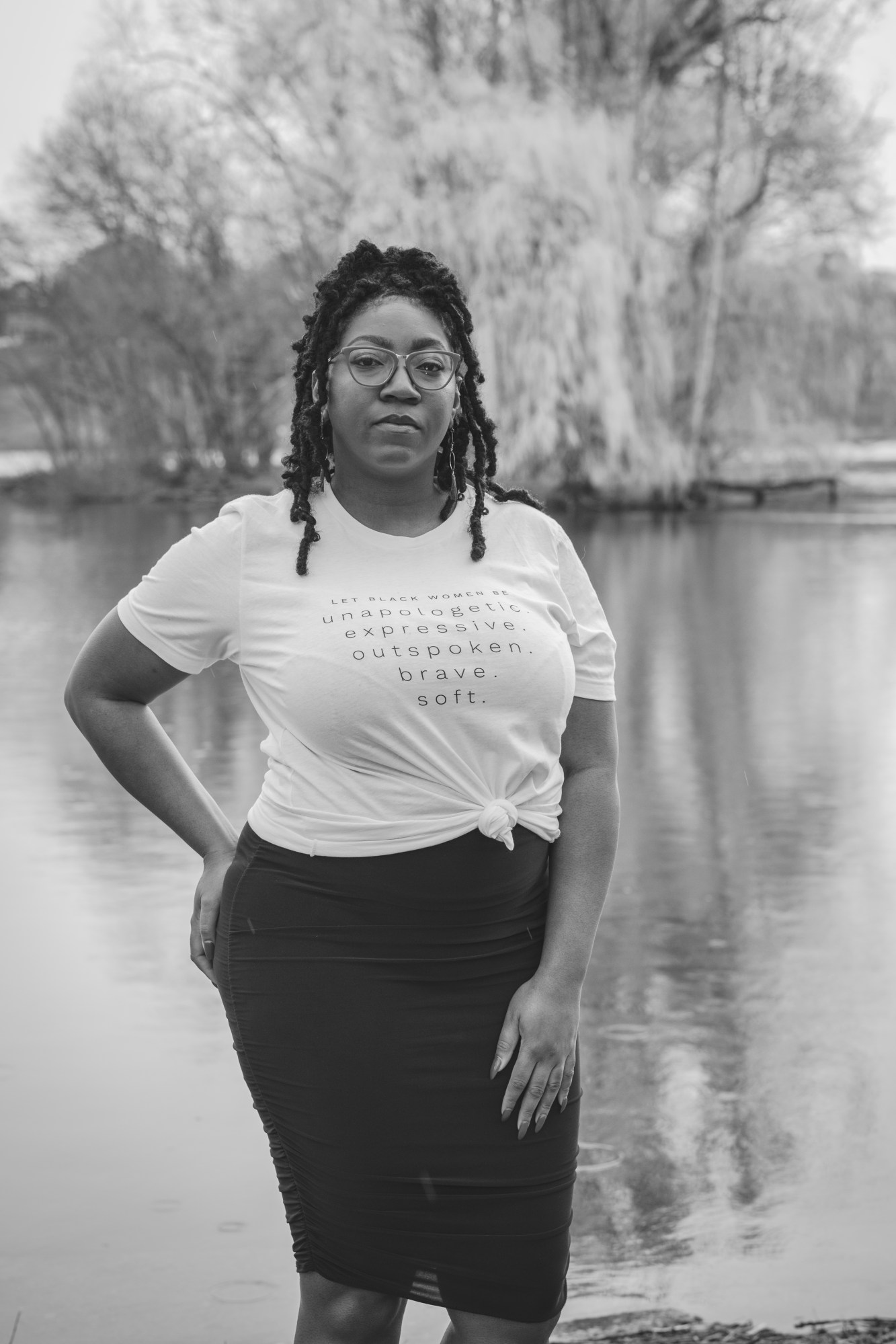
Soon Grant and Kelly are joined by Acoma Gaither, a public historian documenting mutual aid work in the Twin Cities, who also works as an art conservator for George Floyd Global Memorial, archiving and preserving offerings left to honor Floyd’s passing and support the movement for Black lives at George Floyd Square. On the way is artist Leslie Barlow, a painter — who was invited by Daunte’s mother and brother to paint a portrait in his memory — and member of Creatives after Curfew, a “decentralized collective” of BIPOC and queer artists creating art “to soothe, remember, build and imagine a future rooted in justice and liberation” in response to the uprising that erupted in Minneapolis last summer. As they make themselves comfortable on the plush yellow and blue chairs decorating Render Free’s lounge, artist Lissa Karpeh arrives, slipping onto a grey couch. She is a painter and founder of Free in Color, a non-profit for kids in Minneapolis “dedicated to providing creative programs exploring self-identity, community, culture for young people of color and immigrant backgrounds.” Together, they connected in conversation over the power of protest, radical rest as resistance, centering Black and Brown voices in the push for racial justice and the transcendent possibilities of art to help us visualize change.
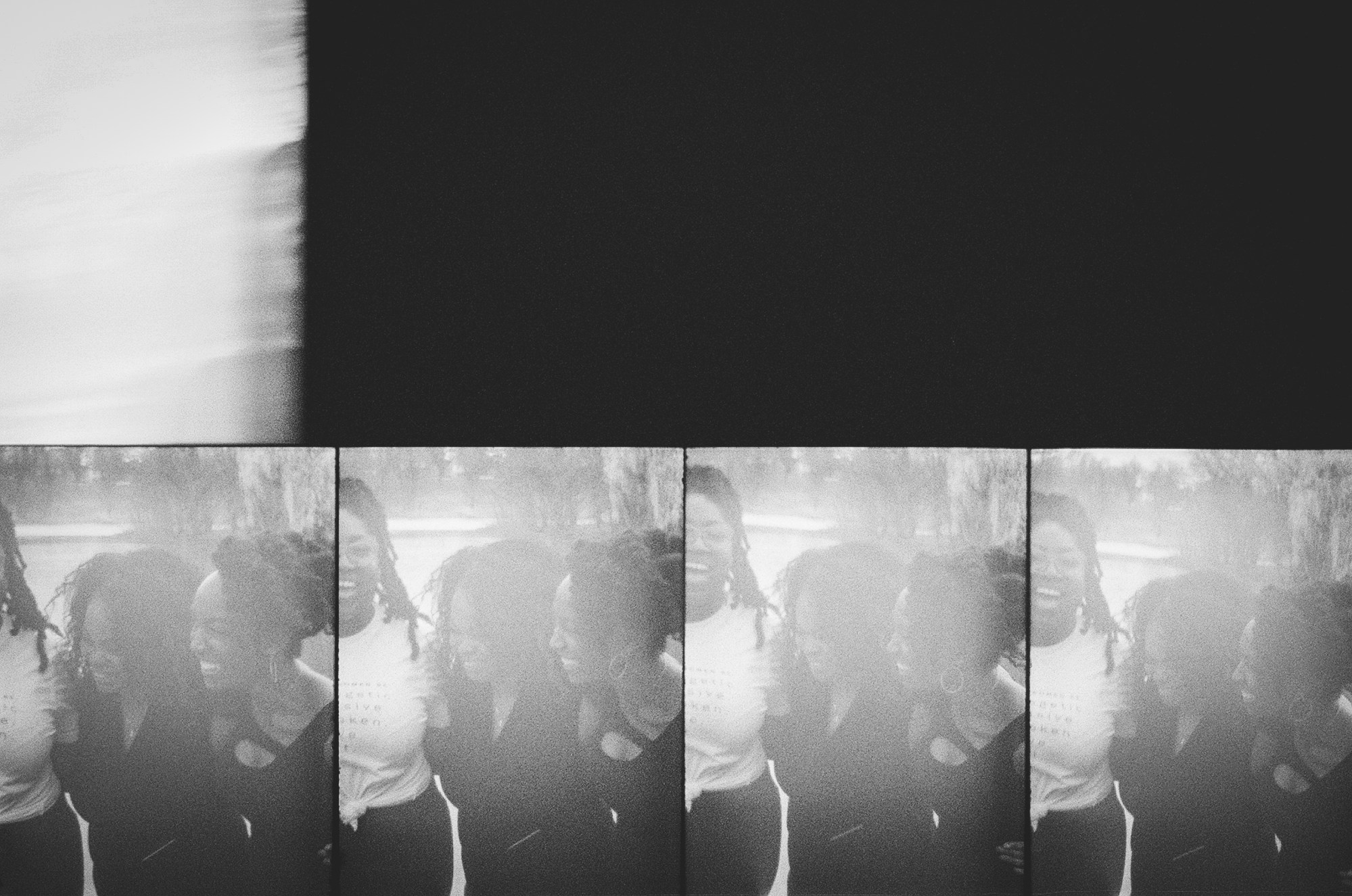
I wanted to start by saying thank you. I’m so grateful we were able to do this. I was hoping we could begin by checking in and holding space for how you guys are feeling.
Leesa Kelly:
For the first time, I admitted to myself that I was so angry. After that, it got a lot easier. I took a trip this past week, and it was so nice because it was secluded. I felt like I could just let that anger out without being judged, or looked at as an angry Black woman. I was just trying to relax and let it flow through me. One morning I woke up and it all came out. I’d had a bad dream. The anger built up from that dream to the point where I couldn’t hold it in my body. I cried and sobbed for like half an hour. And then, once I was done, my partner was like “What do you need from me?” I was just like, “Let me just, go.” I went to the bedroom and grabbed a pillow. I was like, this is what I need. I just screamed at the top of my lungs into the pillow until I felt better. And I just felt light! I had a cup of tea and watched the sunrise over the mountains. It was such a pleasure to finally release.
Arielle Grant:
I’m so proud of you. I think something that we don’t often give ourselves space for is just to feel. I’m so glad you were able to get it out.
Leesa:
It was hard driving back into Minneapolis. I had that break, but now I have so much work to do. But I feel like I’m ready to tackle that without holding onto all of that negative energy.
Acoma Gaither:
I feel like I went through so many emotions last week, up to today. When I heard about Daunte — every time there’s a killing, my body tells me that I must act. I have to go outside. I have to be amongst people. I’ve been living in Minneapolis for seven years. I was here when the murder of Jamar Clark happened, the murder of Philando Castile, the murder of George Floyd, now Daunte. It’s a lot. I’ve gone protesting every time. So I went down to Brooklyn Center, and I’ve never been tear-gassed that much in my life. They circled us with tear gas, which is illegal, even in war, you know? I’ve been thinking about the families that are living in the apartments. Kids are watching this. I had a bunch of anger built up and I was like, “to hell with this.” When [Derek Chauvin] was convicted of second-degree murder, I was like, “Wow, this is amazing.” I never, ever — I can’t believe I’m here for this, at this historic moment. But we got a lot of work to do. This is one person, one high-profile case. How about everybody else?
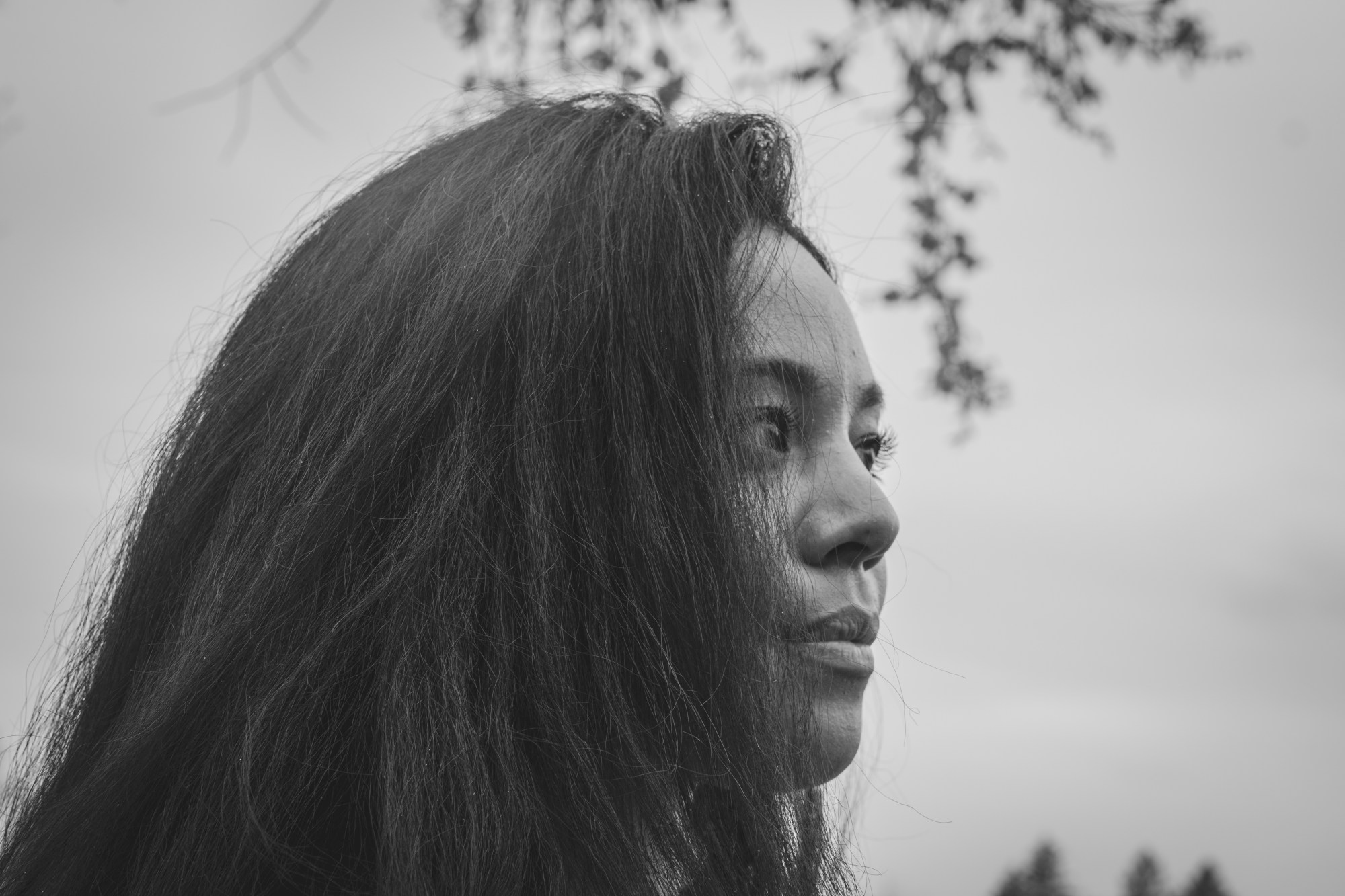
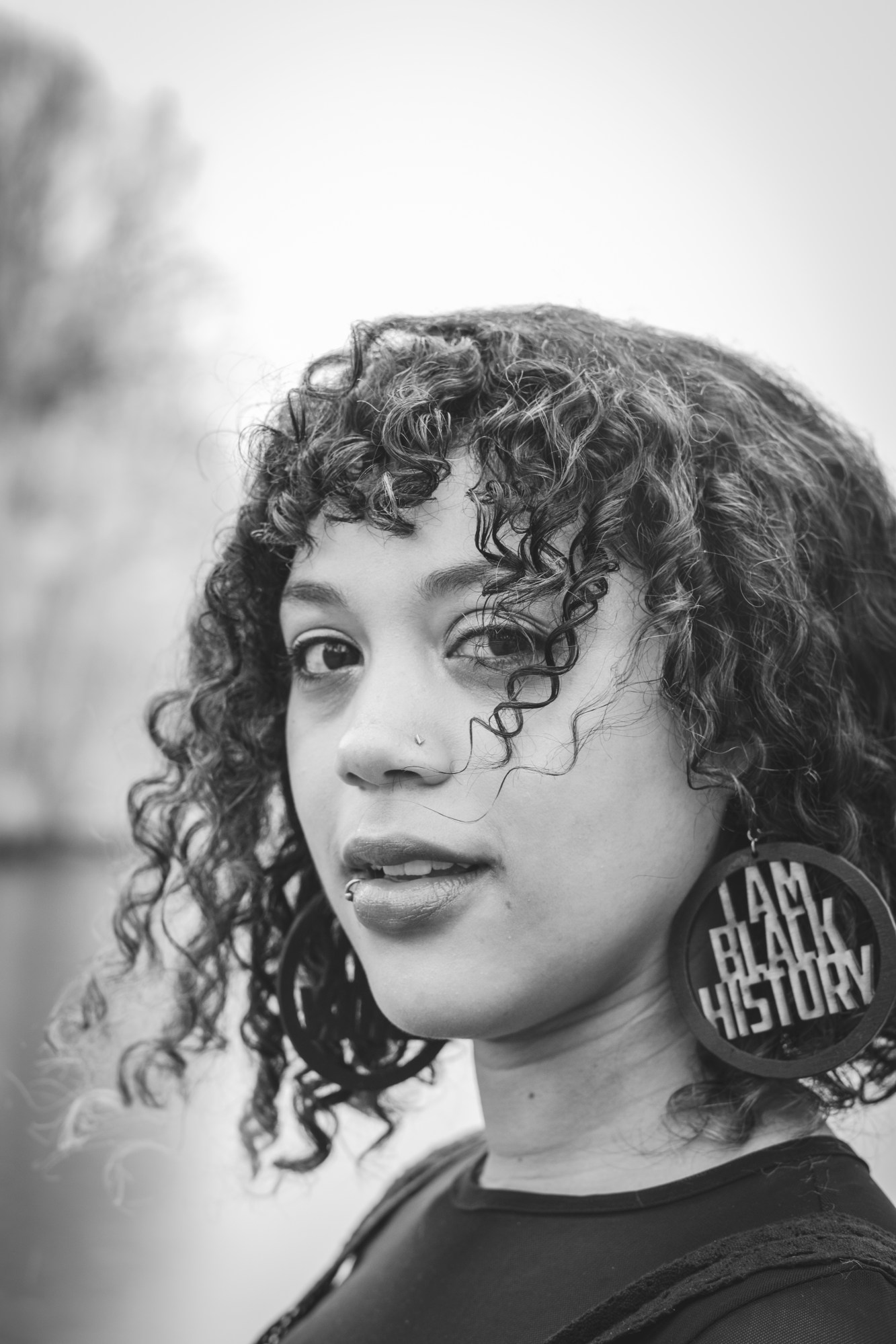
Leslie Barlow:
I feel you completely on that. I felt a bit of relief, and it was very brief. By that night I was feeling the immense weight of how much labor you, and you, and everybody in this community put into convicting one person. You just named Jamar Clark and Philando Castile. They didn’t see that kind of justice. For me, it doesn’t feel like any type of pattern is disrupted. I had nightmares that night, even though there was that levity during the day, and there was community, and there were tears of joy. I felt happiness for [George Floyd’s] family. I’m grateful for that breath. But it’s going to be a long summer, just like last summer.
Arielle:
It’s interesting you say that because in yesterday’s solidarity session, sleeping and nightmares have come up a lot, like you mentioned. We were talking about the way that we carry this both consciously and subconsciously.
My work, and the privilege that I have to care for a community of Black and Brown women, makes this super layered for me because I’m thinking of the ways that y’all are carrying all of this. I live in North Minneapolis in the Camden neighborhood, so I actually heard the sirens. But I go dark on social media on Sundays. I try to set a boundary, to unplug and care for myself. So I didn’t find out until Monday. But I remember waking up and my body responded because of the sirens last summer. I didn’t even know that it was a similar incident. But when I found out on Monday, I went into work mode. I was thinking, “Okay, how can I make sure that our members are connected to our space in a way that supports us in this time when we most need to care for ourselves?” Because I know that we are hitting the streets. That’s who we are. But we need to make sure that we are trying to get sleep, trying to rest well, trying to take care, and giving ourselves space to cry. So it’s been a bit of a blur for me personally. It’s been like working hard and crashing hard.
Knowing that the work ahead of us is far-reaching, how do we make this sustainable? This is the question I’m asking myself — how to make sure that we do sleep. And eat. Sometimes we go hours without nourishing our bodies because we’re so fixated on the work.
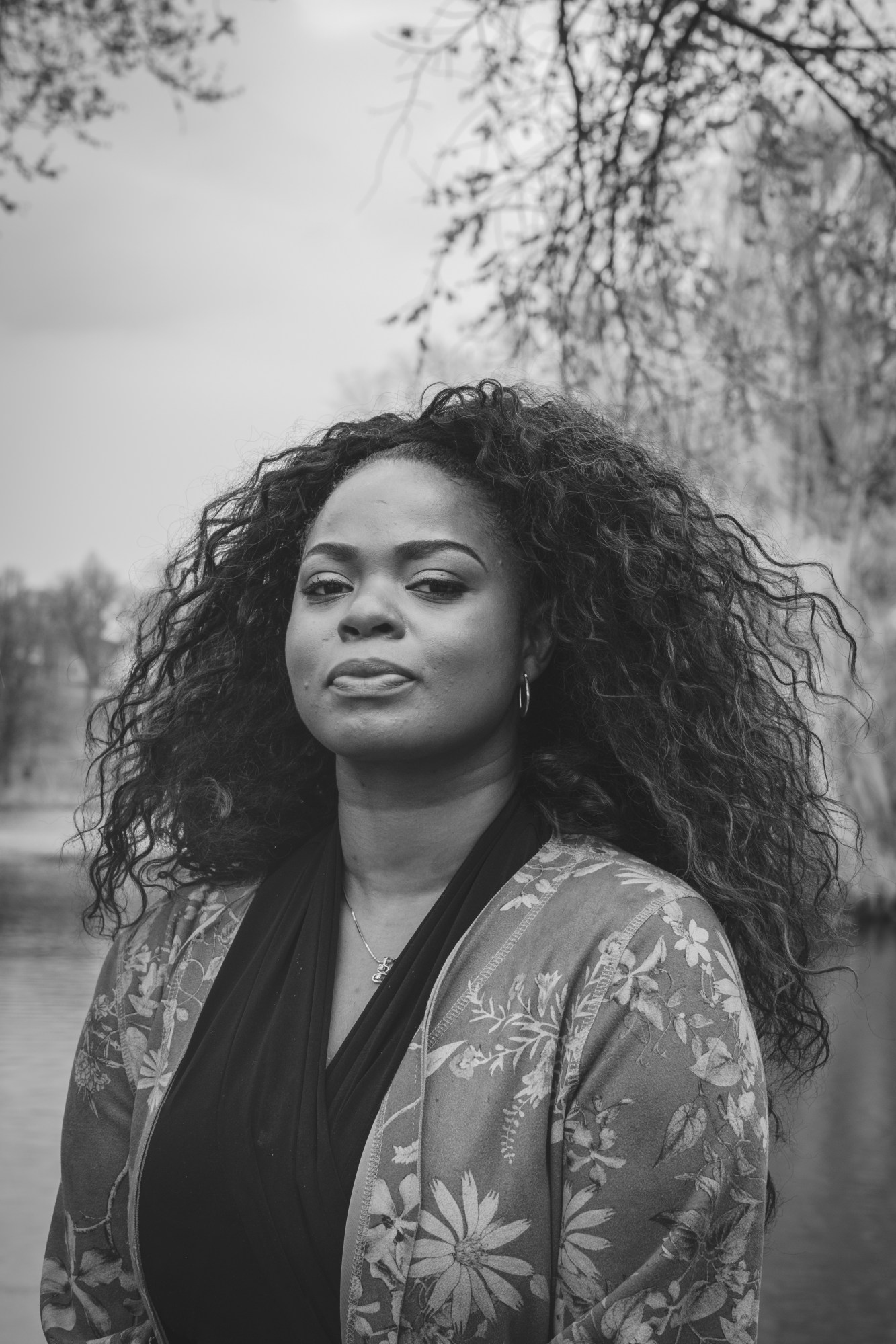

Lissa Karpeh:
My name is Lissa. I’m a Liberian-American artist. I do a lot of painting, but I also do community organizing. My work is a form of art therapy. I’ve been going and going and going. Feeling like I have to serve, serve, serve. Even though I’m not a politician, even though I’m not a doctor, this is what I can give. But I’ve found myself overly giving. You have to take time to heal yourself through this whole process. It has been a reminder to slow down. I wouldn’t have realized all this had I not been protesting for like, a week straight.
It left me broken, but then I continued to pour. Community service, serving, is something that’s just in my blood. In fact, it’s my love language too.
Arielle:
I think this is a conversation that we come back to again and again. As Black women, there’s this expectation laid on our shoulders to just be a work mule. You think of people of African descent who were brought here. Our value was equated to our ability to work. Performance. And to produce.
Leesa:
And to care for others.
Arielle:
We were just machines to care for others. And that of course is deep, deep in the soil of our country. And we’re socialized in that way. I have internalized that. Sometimes I feel guilty for resting. I’ve had to be all the things, always strong. So resilient. When in reality, every once in a while, I can clear my head enough to listen to my body. To know that I need rest! I need time to cry, and to be held. I think that’s the constant struggle that we feel.
We’re doing the work. But we need help reminding ourselves to rest alongside the work. That is something that I don’t know that we do quite as well. It’s hard to find places of rest.
Lissa:
And it makes me realize that I’ve never known what rest looks like. My mother doesn’t rest, you know? She works two jobs, and I never saw her rest. That hustle mentality. I thought that was what I was supposed to have. The family I come from, which is very conservative, very African, it’s like, “We’re not going to have this conversation.” It’s a generational curse. Like I kid you not, my mother just got off work and she’s still up, cleaning the house. I adopted that.
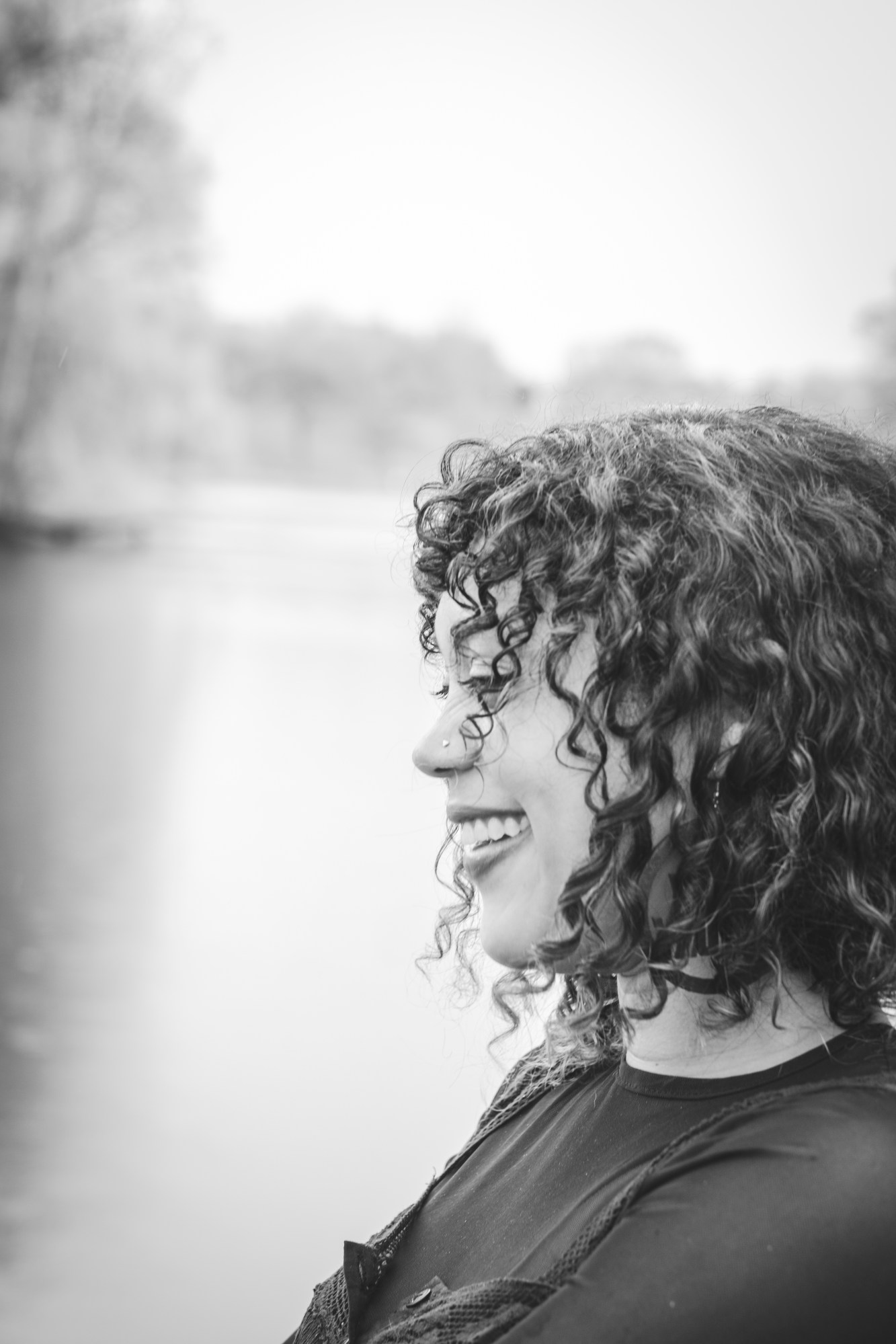
Leslie:
I think it’s important to name — I’m assuming that for most of us, this work is volunteer work. So the rest doesn’t happen because you also have to make money. I’m volunteering my time to do art and healing activations, to hold space for racial justice conversations, for Black artists. I don’t get paid for that. So when you are done with that work, the reality is you have to work to pay your bills. But when you dedicate your life and your time to community, you almost sometimes don’t want to get paid for it, you know what I mean?
Lissa:
Right. Sometimes I’m like, “No it’s okay, I’ll do it for free!”
Leslie:
Because it’s heart work.
Leesa:
But we have to remember, it’s still work. Even if it’s our passion, even if it’s heart work. We shouldn’t just be paid for work that we don’t enjoy. We have to rewire our brains, essentially. We can do what we love, and be paid.
Arielle:
And we do it better because we love it. My goal is sustainability. Money is a part of that, but also what does it look like to set boundaries? Is there a time at night where I can not look at email? It’s hard. It is. And it comes at a cost, but I’m trying to figure out what it looks like to value my business and the work and my community and myself, equitably.
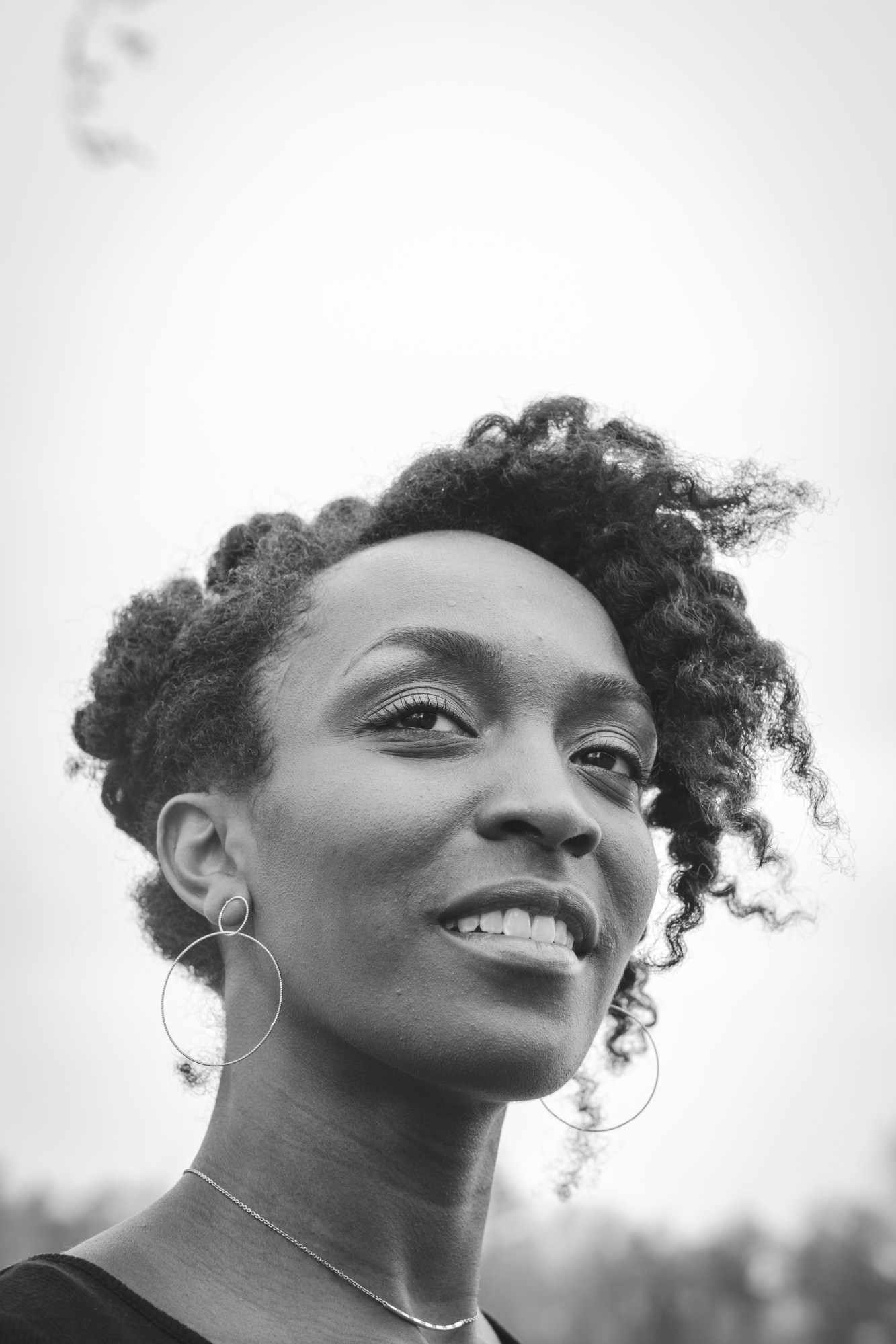
Acoma:
I have such a problem saying “no”, I think my heart wants to always be working. But it’s like, “Acoma, you only have 24 hours. No, you don’t even have 24 hours!” I’m still trying to learn to balance. It’s a work in progress because I feel like we have trauma happening all the time.
Leslie:
It’s a relay race. I used to say it’s a marathon, but actually that’s not true because you have to keep running all the time. And like you just said, that’s not sustainable. You have to be able to pass off the labor to another sister. Tag team. Also somebody told me recently that like, just because you have the capability, doesn’t mean you have capacity.
All:
[In unison] Yes!
Leslie:
I was like, let take me take that fully in. I need to meditate on that!
Arielle:
I always think of Terri Moses and Jordon Moses, who gave this speech years ago, but it stuck with me. They were talking about the ecosystem of justice, and how it takes so many different roles. Sometimes we just think of the person that’s marching in the street. This is of course crucial to justice and equity and anti-racism. But there are so many different roles. I have at times felt shame or guilt for not being ‘all the roles’ until I realized this one fits who I am, my passion, the opportunities and experiences I have. And I have to trust that there are sisters and brothers out there fulfilling the other roles that I don’t have the energy or time to fulfill. I’m going to lean in where I feel called to be, and show up fully there. And just trust that the rest of the ecosystem is doing its thing. And that together we’re moving forward. Which is why I think it’s so beautiful to hear about all the different corners of the work that y’all are doing, because I can’t do all of the things.
Leslie:
Our work is all related, all of our roles touch each other. That is really beautiful.
Arielle:
That’s actually the only way it’s going to get done. Racism is a communal issue, a systemic interlocking system. It’s only going to be through another powerful, just system that we can beat it. Like those are the things I have to tell myself when I feel guilty about not showing up to a protest. Leslie invited me last weekend to come out, and I was like, “I want to…”
All:
[Laughing]
Arielle:
But then I’m like, I need to sleep! So I did that!

Leesa:
As another example, I was doing self-care workshops for a little bit at the end of the summer, beginning of fall. It was going really well, and I was reaching so many people. Then I met Arielle, and she is doing it. So I don’t feel like I need to necessarily be out there because she’s already created safe space, she’s already facilitating these workshops and she’s encouraging us to talk to each other. I feel more comfortable leaning into my work, knowing that there’s someone else out there doing the work that I could be doing and don’t have capacity [for]. This war is not going to be won on one front. This is a multi-front battle.
I’m reflecting on what you guys are saying — all of you so beautifully in your own way — about how trusting that if you assume a role or take a piece of the work, your sisters or your community will come and pick up the other pieces. I’m thinking about how that connects back to this idea of an abundance that we can create through that trust, and how that can maybe stand up against the scarcity mindset that informs racism and inequality and so many of the issues that we’re fighting against in the first place.
Arielle:
I believe and trust, even though I haven’t fully seen it even for myself, that when we feel the freedom to rest, to cry, to name pain and to reach for healing, we are freer to reimagine something beyond. And then from there, we move into the type of work that actually brings freedom. It’s naturally who we are, we love serving others. It’s part of our culture, and our people. But if we can continue to challenge ourselves to consider our own needs for a moment — what we’re feeling, and really heal there — then we can begin to dream.

Leslie:
It’s inherent. I was just thinking about — I’ll just speak for Lissa and myself as artists. We work in the realm of abundance and imagination. We see the healing potential and community-connective potential of the arts. When we meet to do these art activations with young people through Free in Color, or through Creatives After Curfew, that is a liberatory space. That is a space where people are imagining the future that they want to see. It is very much futurism, it is very much thinking in joy. That gives me a lot of hope. And that’s the place I want to be. You also see when you’re doing these art actions, even though it takes a lot of work, it does feel like rest, through the work. It makes me very, very hopeful that we will be able to continue to act from a place of abundance.
Leesa:
I feel that with Memorialize the Movement. People coming into the space to volunteer, when we get into a groove it’s very much a form of healing. There’s this process of physically carrying the burden of the boards that helps to relieve some of that pain. Some of that tension that you’re feeling in your body. You’re not just carrying this wood around, you are literally carrying George Floyd. You’re literally carrying these really heavy messages, and you’re doing it along with somebody because you have to — we require that two people carry the boards at a time. So you and some other person, some stranger, are taking on this burden together and kind of placing it somewhere else.
Arielle:
Damn! [The group laughs]
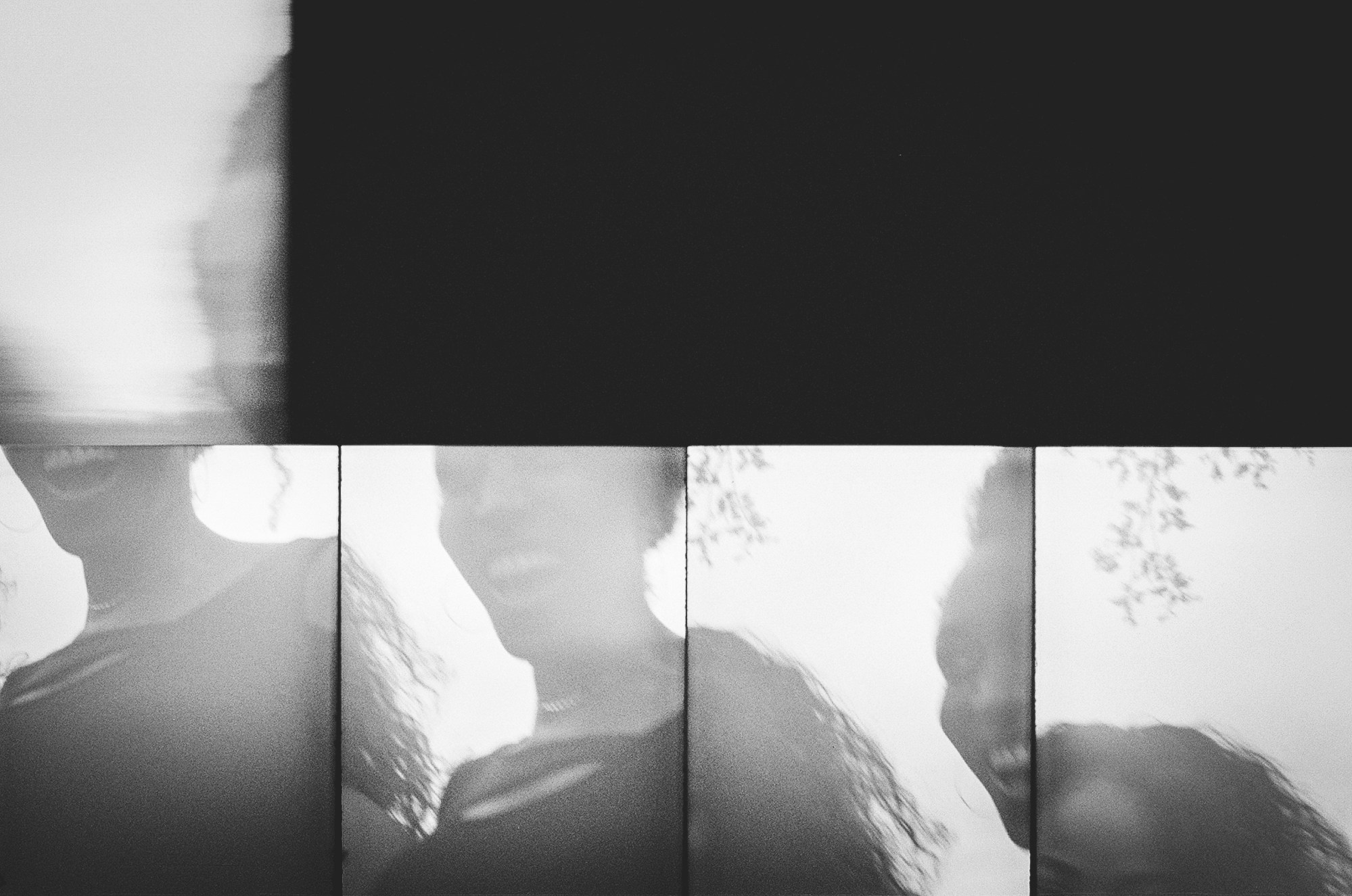
Lissa:
Like, I froze.
Leesa:
For me, it wasn’t something I realized. I’m starting to understand why [volunteers] keep coming. Why I keep coming. I was in the space last week, doing news interviews. I just took a deep breath, wondering “How do I collect my words?” And the spirit in the room, the spirit of the boards, the spirit of all the emotions and the soul in those murals, pushed me. It gave me strength to say my truth.
